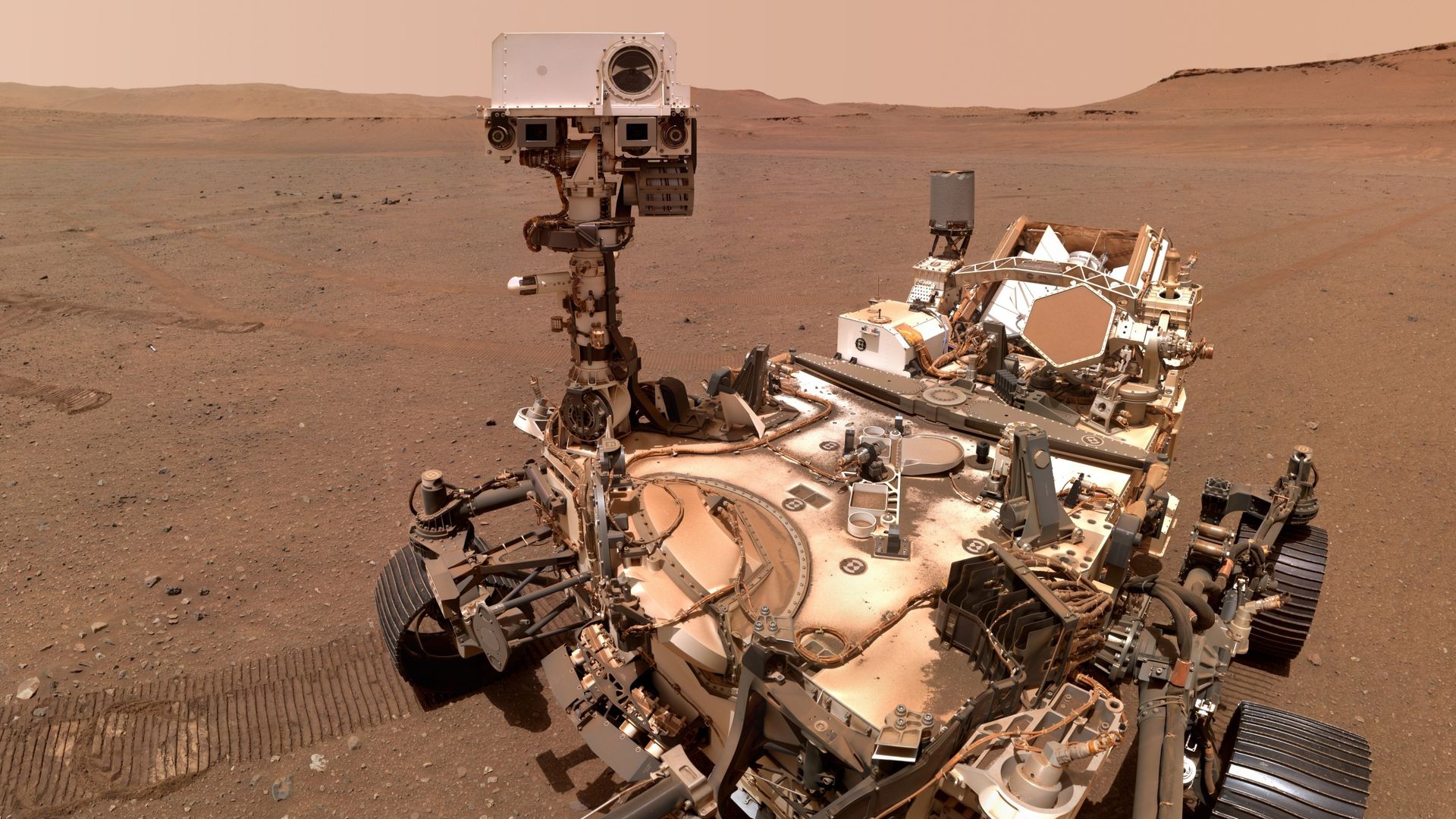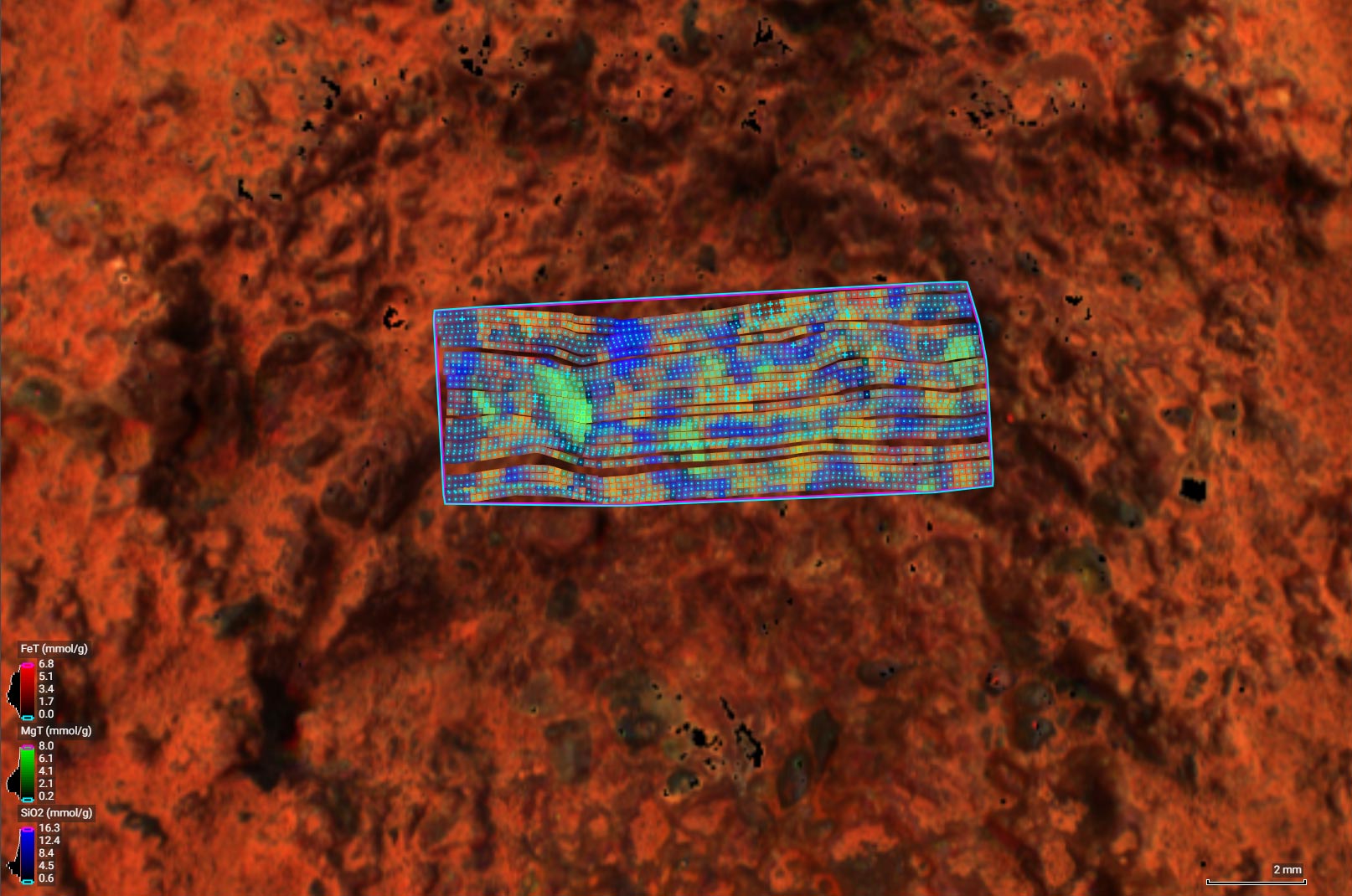Follow us on Google News (click on ☆)

A selfie taken by NASA's Perseverance rover on Mars.
Credit: NASA
For nearly three years, Perseverance has been using AI to identify minerals in Martian rocks. Thanks to a technology called "adaptive sampling," the rover automatically positions PIXL near rock targets, conducts scans, and selects the most promising minerals for further analysis.
The PIXL instrument is essential for determining Mars' past environmental conditions. By mapping the chemical composition of minerals, it helps identify rocks that could have harbored microbial life forms. This autonomous analysis capability greatly accelerates the collection of scientific data.
Perseverance's AI is not limited to chemical analysis. The rover also uses advanced algorithms to navigate autonomously and perform complex tasks without direct human assistance. This increased autonomy allows for more efficient exploration of Mars, despite communication delays.
By microscopically adjusting PIXL's position, the AI ensures precise analyses, even with temperature variations on Mars that can affect alignment. This enables detailed mapping of minerals, facilitating the discovery of carbonates or phosphates, which are crucial for understanding Mars' geological history.

This image of the rock target "Thunderbolt Peak" was created by Perseverance using PIXL, which determines the mineral composition of rocks by striking them with X-rays. Each blue dot represents an area where an X-ray hit.
Credit: NASA/JPL-Caltech/DTU/QUT
The success of AI on Mars paves the way for even more autonomous missions in the future. As future missions venture further away from Earth, the importance of an AI capable of making decisions without human intervention becomes crucial for the success of space exploration.